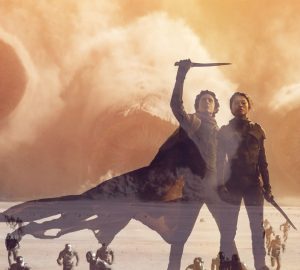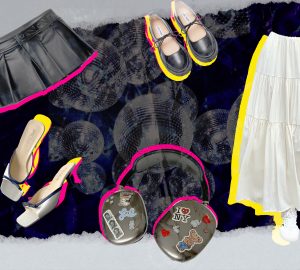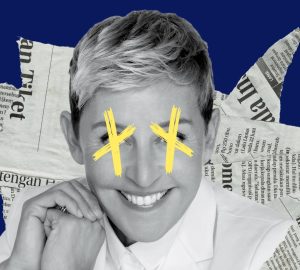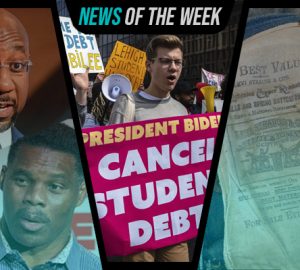
Photo by Rachel Carp.
Last week, Dr. Seuss Enterprises (DSE) announced it would stop printing copies of six books in a catalog of 20 titles by children’s author Dr. Seuss. The decision has caused outrage, triggering alarms over censorship, cancel culture, and racism. The debate grew so loud it made it to the Capitol, though I guess that’s not much of a feat anymore, when Republican House Minority Leader Kevin McCarthy accused Democrats of “outlawing Dr. Seuss.” After that, he posted a video on Twitter of himself reading “Green Eggs and Ham,” which is not one of the books being discontinued. McCarthy said he did it because “I still like Dr. Seuss.” How brave of him to stand up to the vicious cancel culture.
I’ve written before about how cancel culture is not real. There are no strong consequences to being cancelled except trending on Twitter, getting some articles written about you, and either an increase or decrease in sales if you’re selling something. Cancelling seems to be largely about exposure and not damaging ramifications.
Speaking of damaging ramifications, Dr. Seuss is nowhere near cancelled. DSE is still making millions off his books and merchandise. Last year, Forbes listed him as the second highest-paid dead celebrity, only losing to Michael Jackson. His books are not being banned so much as discontinued for their racist depictions of people of color. They can still be found in libraries who decide independently to keep the books or not.
His work is not being censored, either. DSE came to the decision themselves. They were not forced to pull the titles. There was no boycott or campaign against Seuss, though many people already knew about his racist past. In defense of their decision, they said, “Ceasing sales of these books is only part of our commitment and our broader plan to ensure Dr. Seuss Enterprises’ catalog represents and supports all communities and families.”
While I agree that we shouldn’t pretend these awful depictions never happened, we should still be aware of how they affect people of color. A white child will not suffer if these books are discontinued or not. Asian Americans, on the other hand, have experienced an increase in hate crimes and targeting this year, are affected by Geisel’s drawings. The FBI warned last year that hate crimes would rise and the Anti-Defamation League has tracked these incidents. In the discussion around Geisel’s work, however, white people and white feelings are still at the center.
This comes at a weird time when people are complaining about skinny jeans, side parts and Eminem being cancelled. These outrages, if they can be called that, last maybe a week at most, then fizzle out. People made fun of skinny jeans when they were popular. Eminem was controversial when he started out and always generated debates around his music, his lyrics and his place in rap music. It’s the same with Dr. Seuss. People knew that those books were racist. The Associated Press reports that for many years, The National Education Association has “deemphasized Seuss and encouraged a more diverse reading list for children.” DSE’s decision is only a reflection of the changing awareness of media, specifically children’s media. What we watch, read and hear shapes who we are and how we see the world. Why look at it through the lens of harmful stereotypes?























